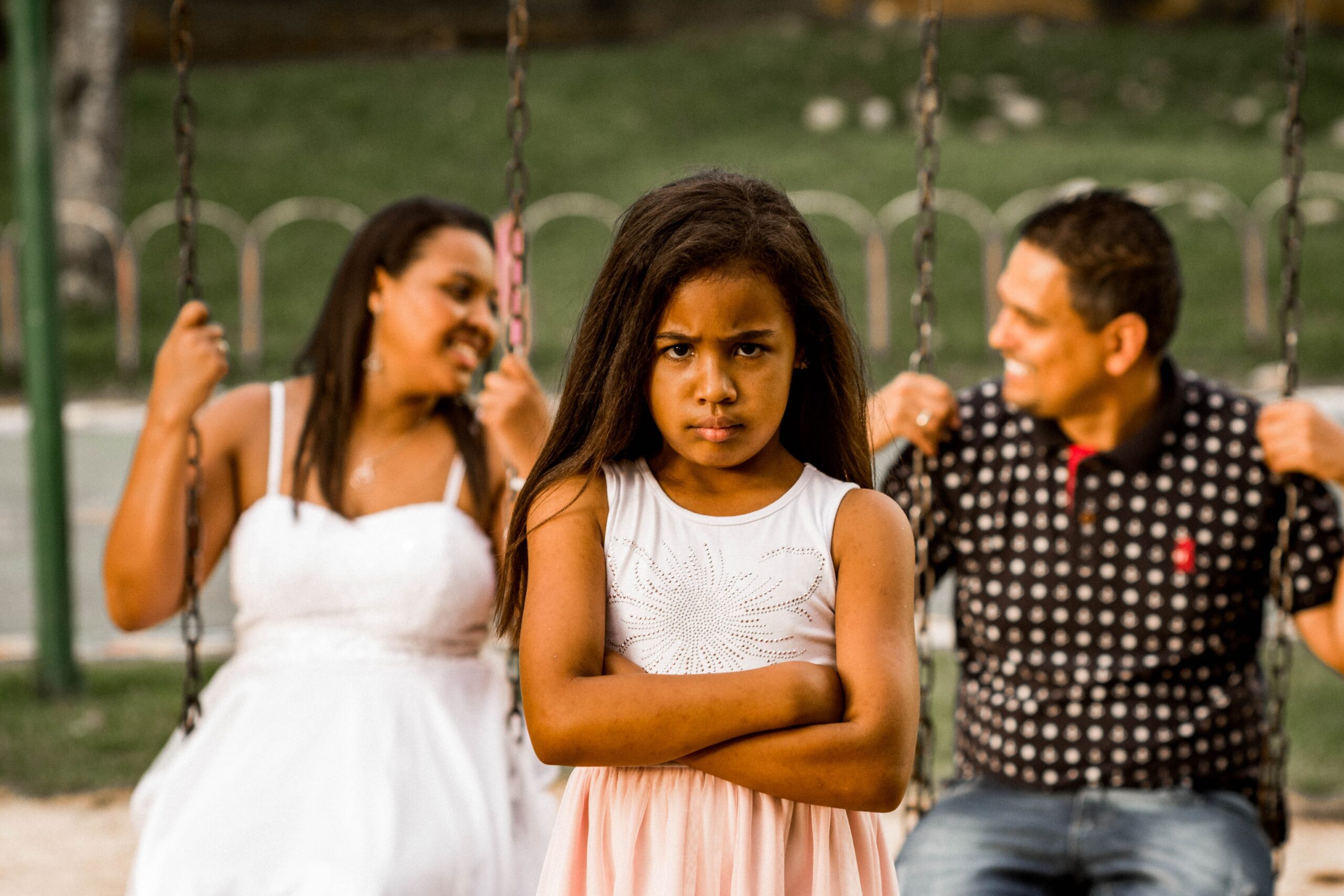Dismissal
Rejection Sensitivity Condition have you heard of it? It is a topic that is often shied away from but holds hidden secrets that could affect teens and their parents more than you might think. Let us dive into the world of the non-acceptance sensitive, behavior and how it affect your teenagers. And why it’s crucial for parents to understand and support their children through this challenging journey.

Rejection Sensitivity
First, let’s get a grip on symptoms of rejection sensitive dysphoria. It’s like having an ultra-sensitive emotional radar, one that picks up on any potential sign of rejection, even when it might not be there. It’s that feeling you get when you think someone is ignoring your text or rolling their eyes during a conversation. For teens dealing with rejection, these everyday interactions can be emotionally exhausting.
Rejection Sensitivity
The hidden truth is that many teenagers are struggling with rejection sensitivity, but they often keep it to themselves. Why? Because they fear being labeled as selfish or unsocial. It’s easy for parents to overlook this sensitivity, thinking their child is just being moody or difficult when in reality, they’re hurting deep inside.

Rejection sensitivity
Furthermore, unchecked rejection sensitivity can lead to a host of emotional challenges, including depression and other mental illnesses. Teens with rejection sensitivity are more prone to falling into the pit of self-doubt and negative self-talk. It’s a silent struggle that often goes unnoticed.
Rejection sensitivity can manifest in various ways, such as a teen becoming defensive, anxious, or emotionally withdrawn. Highly sensitive people, who often feel rejection more intensely, face the same challenges. They may lash out in anger as a defense mechanism, or they might appear frail, as their self-confidence is eroded by the constant fear of rejection.

Teens facing rejection sensitivity are doing their best to fit in at all costs. They’re navigating a complex world where every rejection or perceived rejection feels like a personal attack. Their emotional triggers are on high alert, and they’re constantly asking themselves, “Am I good enough? Do they like me?”
Rejection sensitivity
To cope, some teens may avoid social situations altogether, retreating into their own world. Others may put on a mask, pretending to be someone they’re not just to gain acceptance. It’s essential for parents and teachers to recognize these coping mechanisms and provide a safe space for teens to express themselves authentically.
So, what should parents and teachers do to help teens struggling with rejection sensitivity? The first step is to create an environment where your child feels safe discussing their feelings and fears. Be empathetic and non-judgmental when they open up about their struggles. Encourage them to seek professional help if needed.
Encourage your teenager to confront their fearfulness and avoidance patterns gradually. Help them understand that it’s okay to be themselves and that not everyone will like or accept them, and that’s perfectly fine. Teach them the power of self-acceptance.
Rejection sensitivity can wreak havoc on self-confidence, leading to a tendency to attack first with anger as a defense mechanism. Encourage your child to channel their emotions in healthier ways, like journaling, mindfulness, or talking it out with a trusted friend or therapist.

As a parent or teacher, it’s your responsibility to educate yourself. Is rejection causing disruption of attention and affecting the child mental health. Important to seek help and offers support when needed. Remember that your child’s emotional well-being is at risk. Communication is key, and fostering a nurturing and accepting environment can make all the difference.
Rejection sensitivity
In conclusion, understanding and addressing rejection sensitivity among teenagers is essential for their emotional well-being. It’s a hidden secret that many teens struggle with daily, and it can have long-lasting effects if not acknowledged and treated. Let’s break the silence and provide the support our youth need to thrive emotionally.
To all parents and educators out there, I urge you to take the time to educate yourselves about rejection sensitivity and its impact on teenagers. Be there for your child or student, and let them know that they are loved and accepted, just as they are. By doing so, we can help our teens navigate the complex world of rejection sensitivity and come out stronger and more resilient on the other side.

